In the third issue of Clerestory Magazine, writers respond to the question, “what heals?”
Listen to this issue’s playlist on Spotify.
Dear Reader,
At the end of every episode of the Clerestory Podcast, I offer a benediction, of sorts, to listeners, “May you find peace in the midst of chaos, light in the midst of darkness, hope and healing in the midst of suffering, and may you see it all with the eyes of your heart.” “Seeing with the heart” is a rich seam of contemplative thought and practice.
Antoine de Saint-Exupery captured it beautifully, when he said, “It is only with the heart that one can see rightly; what is essential is invisible to the eyes.” The Desert Mothers and Fathers advised us to “drop the mind into the space of the heart.” In Ephesians, it is written, “the eyes of your hearts enlightened, that you may know.” And the Quakers ask, “Is your heart clear?” In a world gripped and shaped by rationality, seeing with the heart – wise seeing – is challenging and essential.
When the idea for this magazine first germinated a year ago, I envisioned an online editorial space, grounded in personal narratives, that married contemplation and action. By contemplation, I mean deep reflection – a “long, loving look at the real” – on subjects like being human, human interconnectedness, collective life, beauty, and wisdom. Contemplation is never an end in itself, though. Deep reflection should engender in us deep compassion for the suffering of others and commitment to transforming the world in ways that support human flourishing (action).
Writing provides a vital foundation for this heart-work because writing requires uncommon vulnerability. Writers must work to articulate every dimension of their human experience with precision, mining memory and questions most people would rather forget or ignore. The gift of being an editor (and a reader) is receiving the wisdom uncovered, discovered, or recovered by honest writers. This wisdom helps us all dig into our own humanity and see the humanity in others.
*
2020 and 2021 have not been easy years for anyone. Fear of illness and loss, and illness and loss, have pervaded all aspects of life. We haven’t left our houses without thinking about those threats, how our breath could infect someone else, placing cloths and plastic over our faces to protect others. Most of us have grieved the loss of someone we loved. Some of us have disentangled heartbreak alone. We may find ourselves, now, in places – literal or metaphorical – we never expected to be.
Further, the pandemic revealed and deepened existing inequalities. In the U.S., we’re in the midst of an ongoing reckoning around racism. It has been a painful year, of greater suffering for BIPOC individuals and communities and overdue realizations for White people.
What heals? What heals us as individuals, our relationships, our communities, and our world? How do we heal, alone and together? These are the questions central to our third issue, focused on “therapy.” “Therapy” is derived from the Greek and Latin, therapīa, meaning healing or curing. Most likely, the word “therapy,” in our modern context, evokes images of counseling and psychoanalysis. Sharing the impact of this kind of therapy will be an important part of our issue, and rightfully so. Mental health in the U.S. has worsened in recent years, more rapidly due to the COVID-19 pandemic. Mental Health America reports that overall rates of mental illness have increased, noting particular increases in severe anxiety, depression, and suicidal ideation in both youth and adults. Additionally, markers of unmet needs around mental health services have remained stagnant at best. These statistics indicate how ineffectively we are collectively holding our pain.
Over the next three months, we will sit with questions around healing through varied and enriching subjects, including, healing through ordinary life, beauty, grief, trauma, mass incarceration, social healing, physical pain, nature and healing, and personal transformation. While this work may not be easy, it is essential. Many thanks to the Garden Hill Fund of the Mountain School of Milton Academy. Their grant will help to fund the summer issue of Clerestory Magazine.
As Maya Angelou so beautifully said, “As soon as healing takes place, go out and heal somebody else.” May this guide us in our searching and action.
With deep gratitude,
Sarah James
Editor-in-Chief and Founder
Clerestory Magazine
Sarah James is the editor-in-chief and founder of Clerestory Magazine.
Discover more from Sarah James.








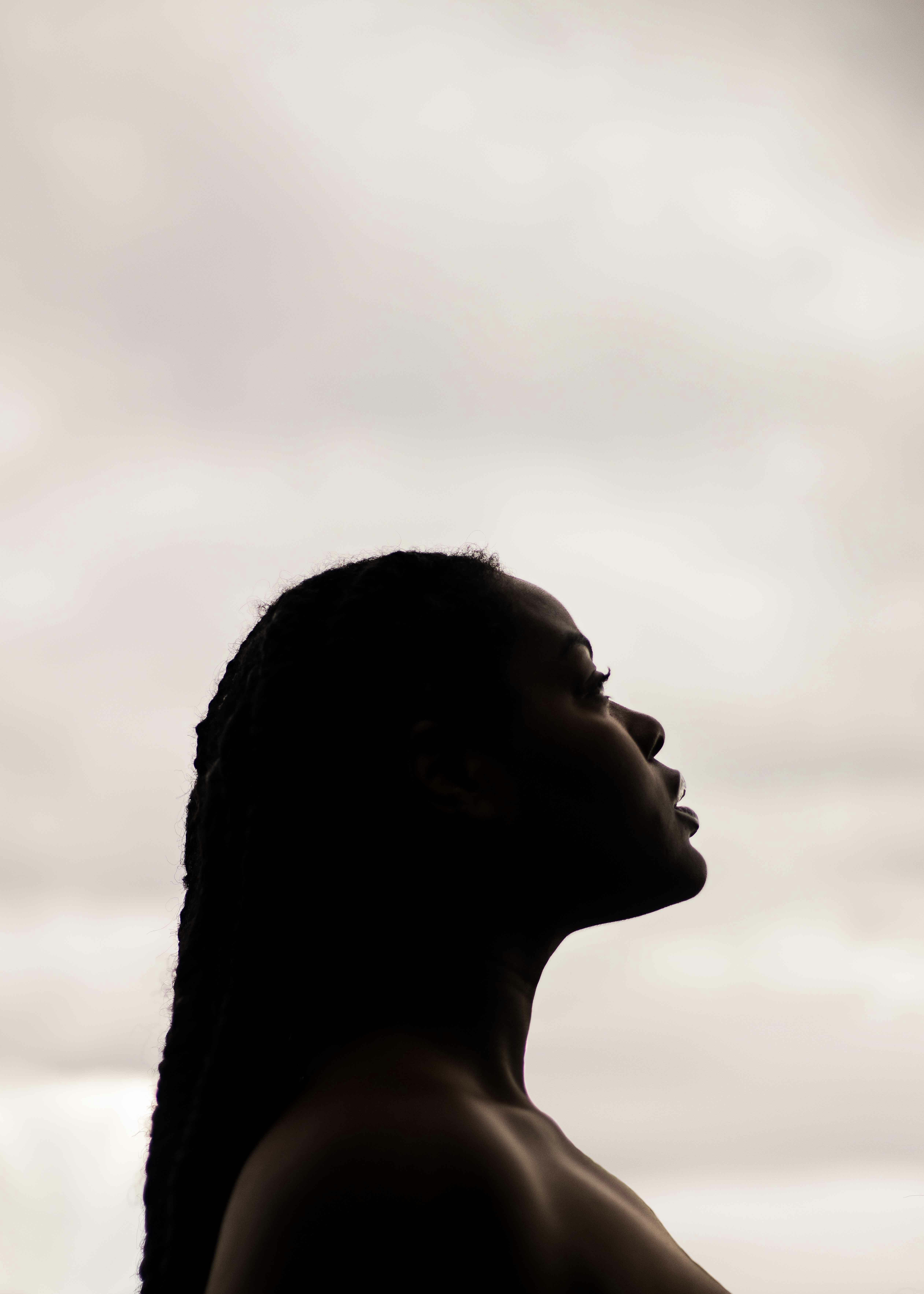

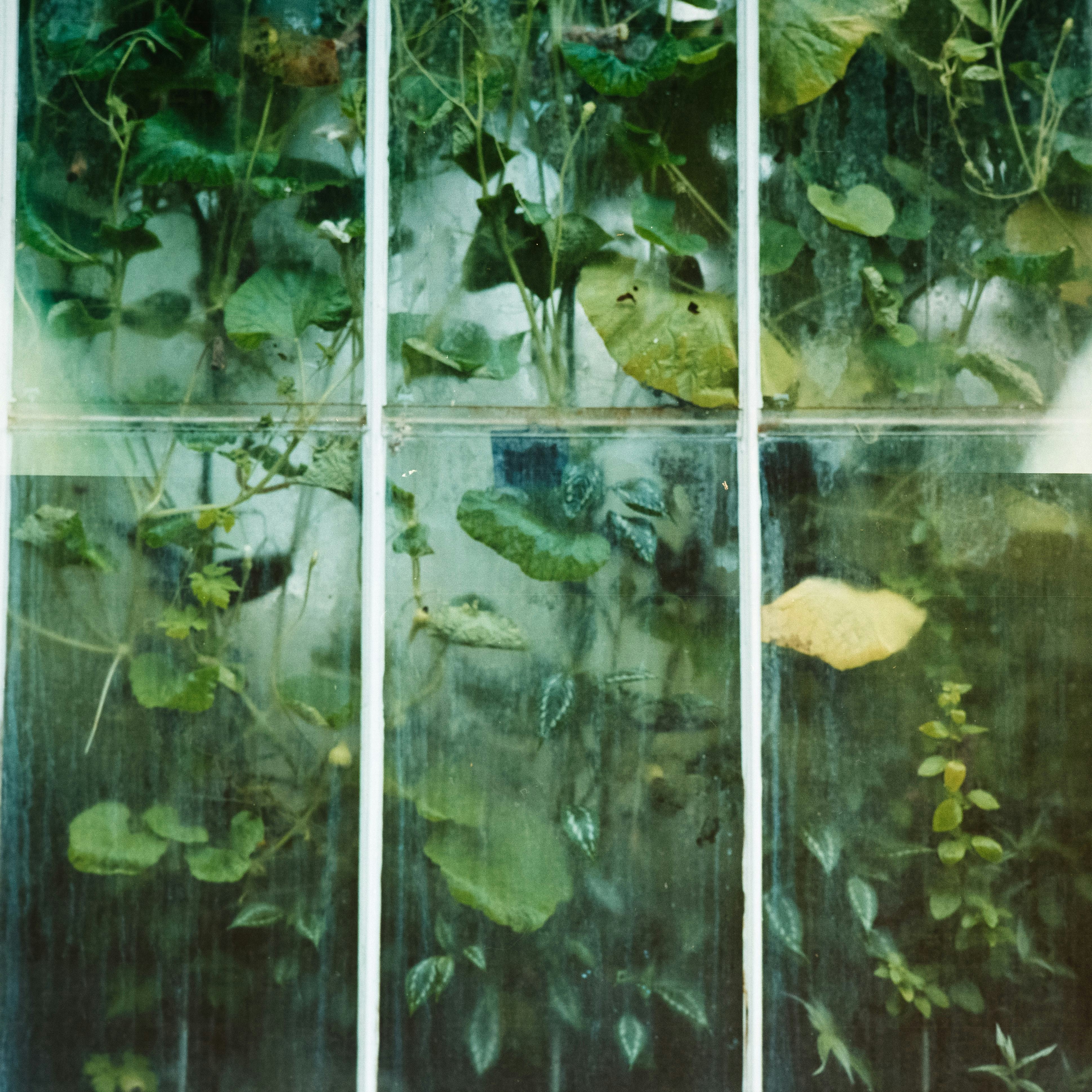
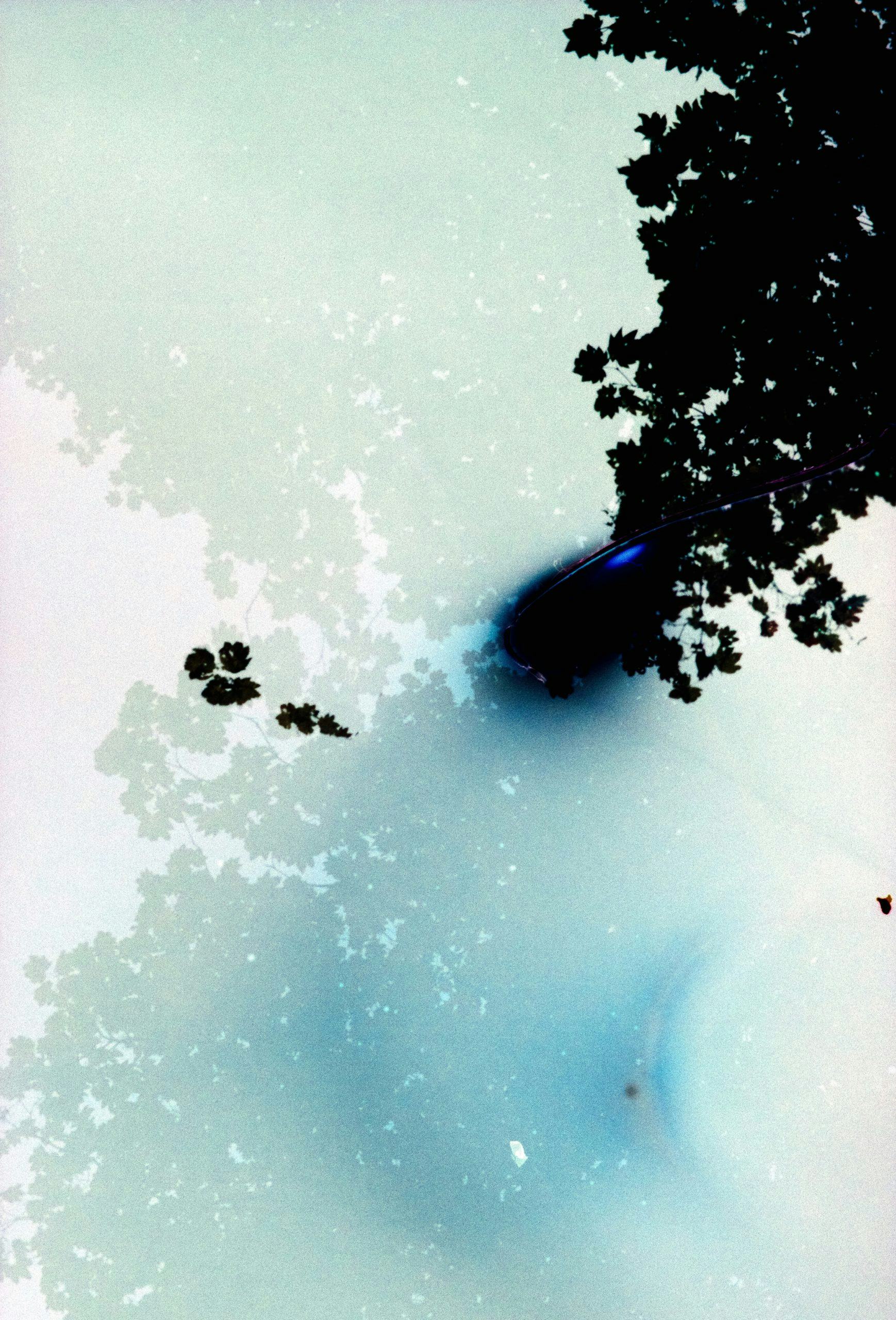
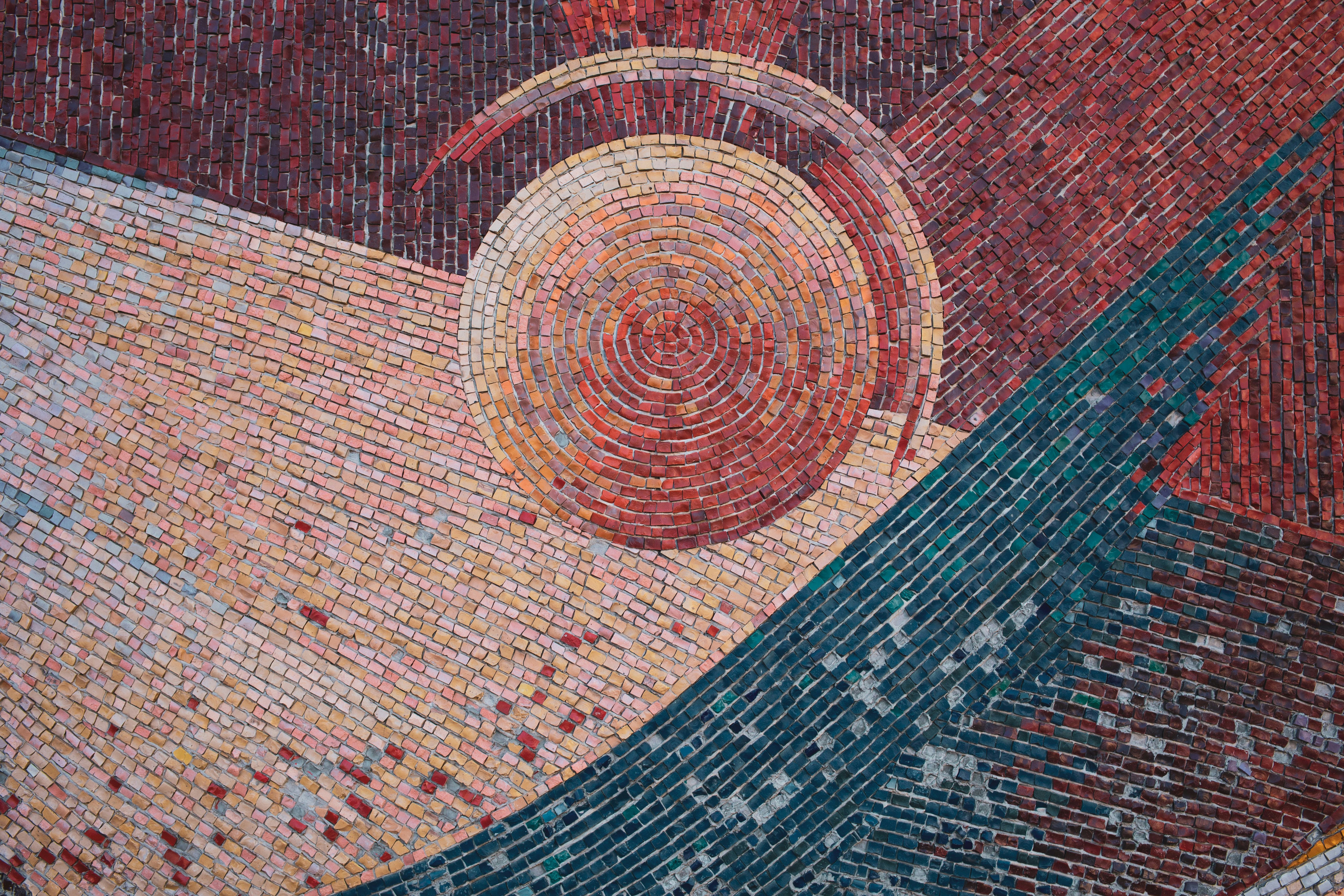
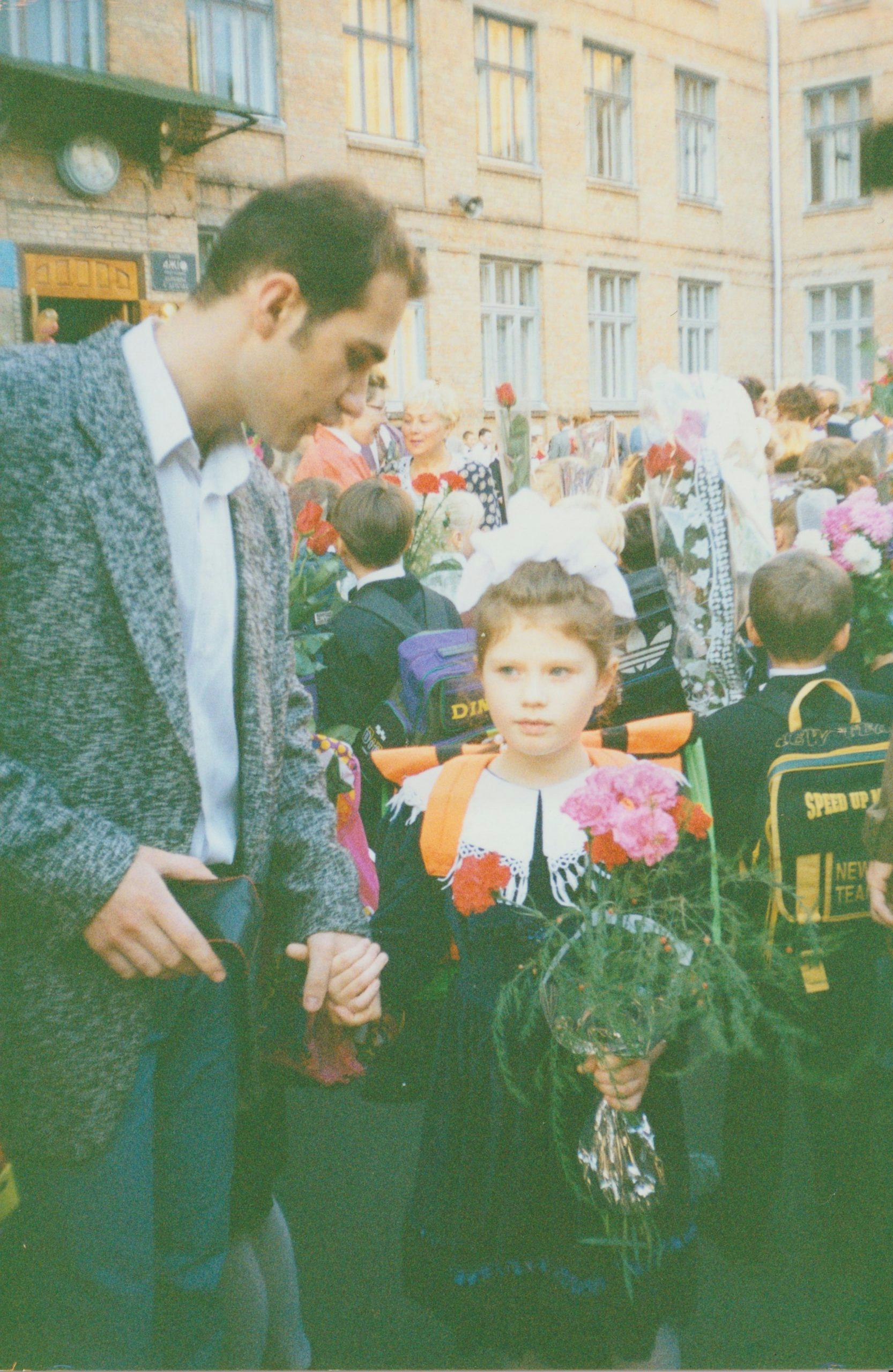
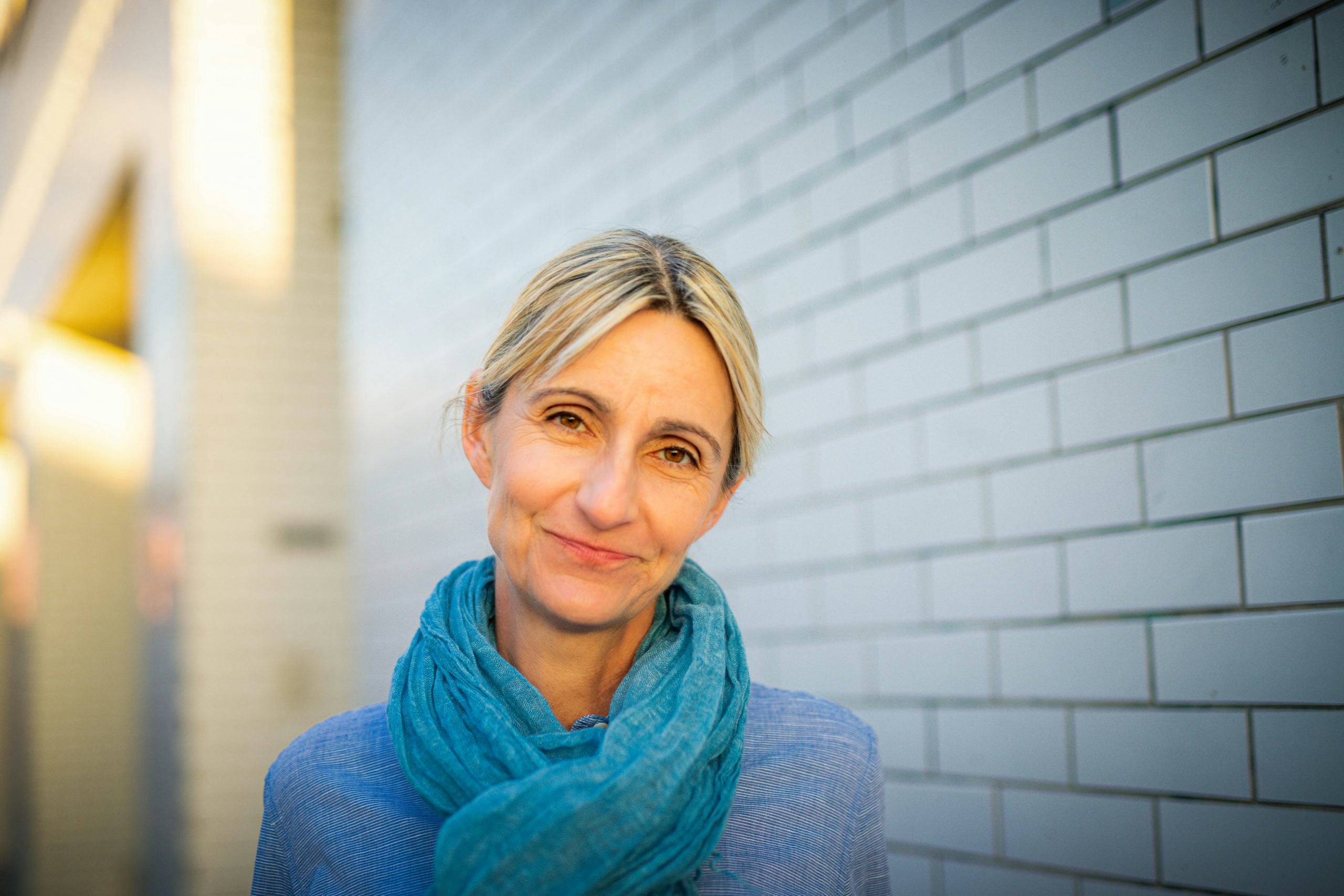
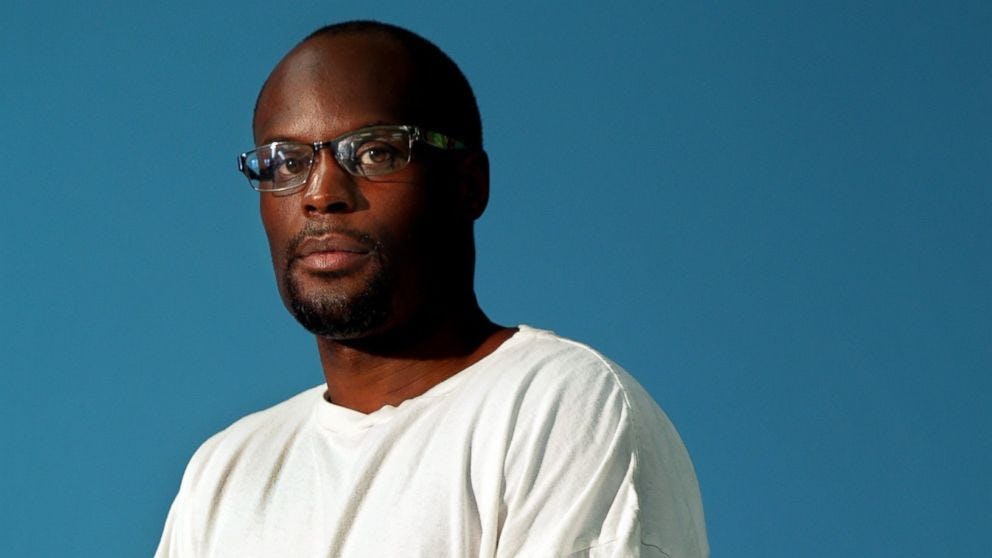

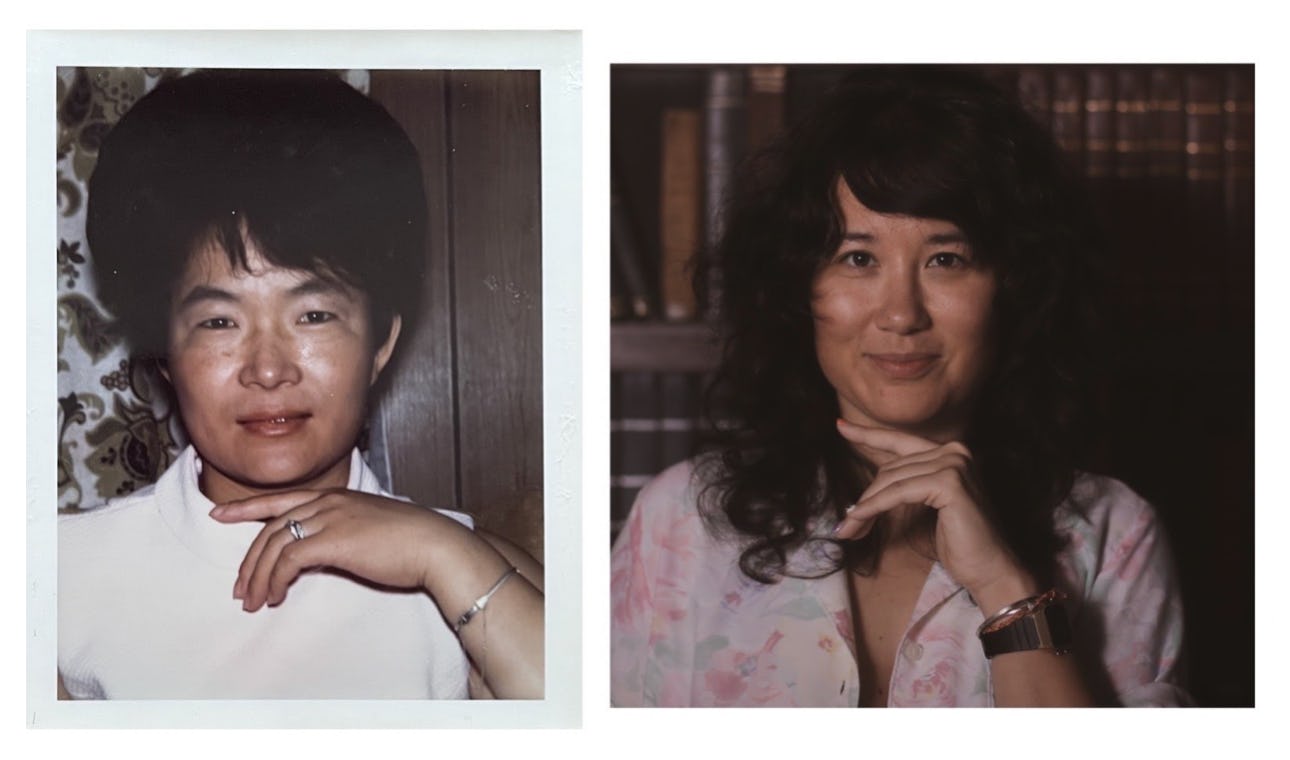
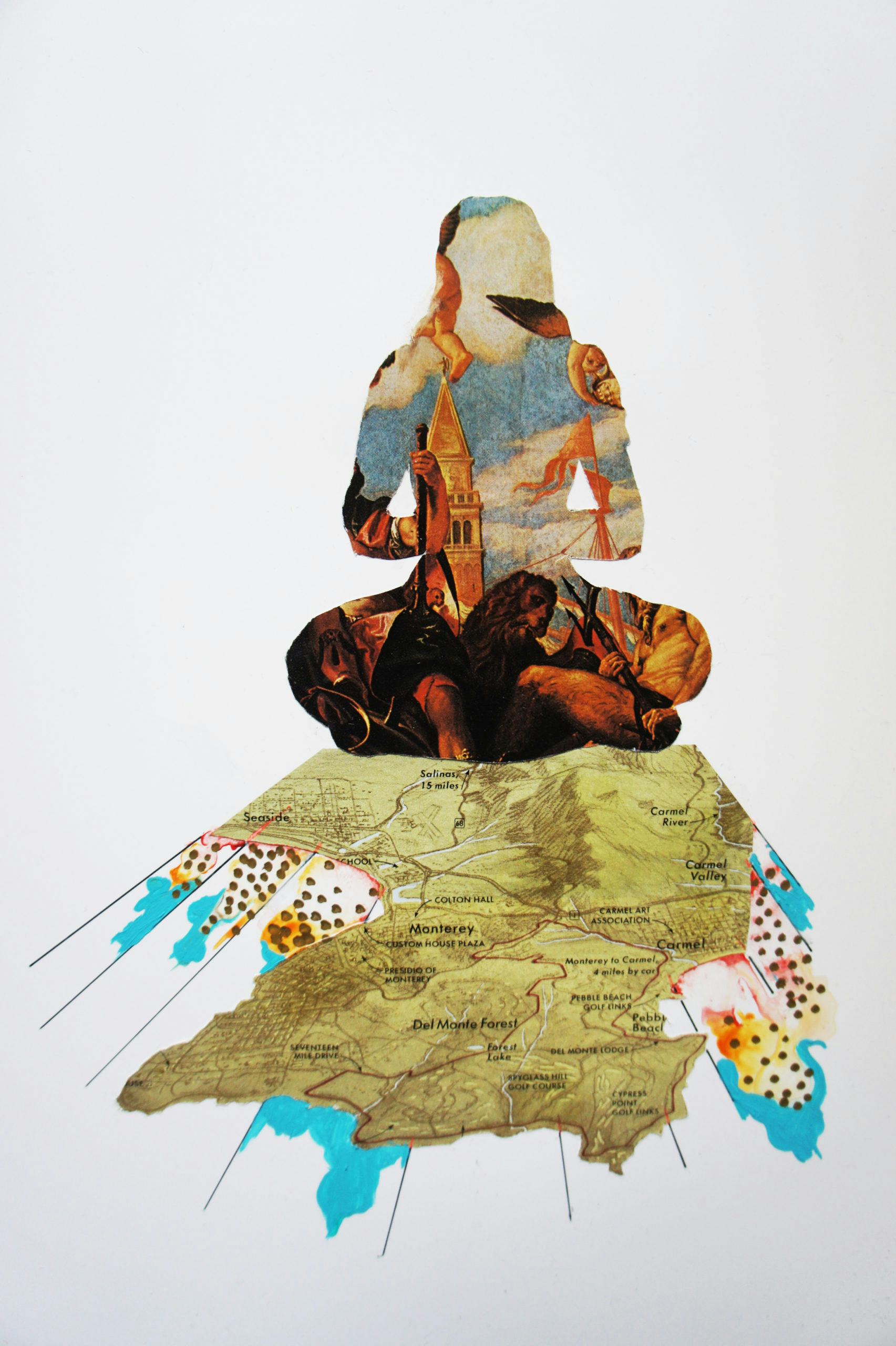

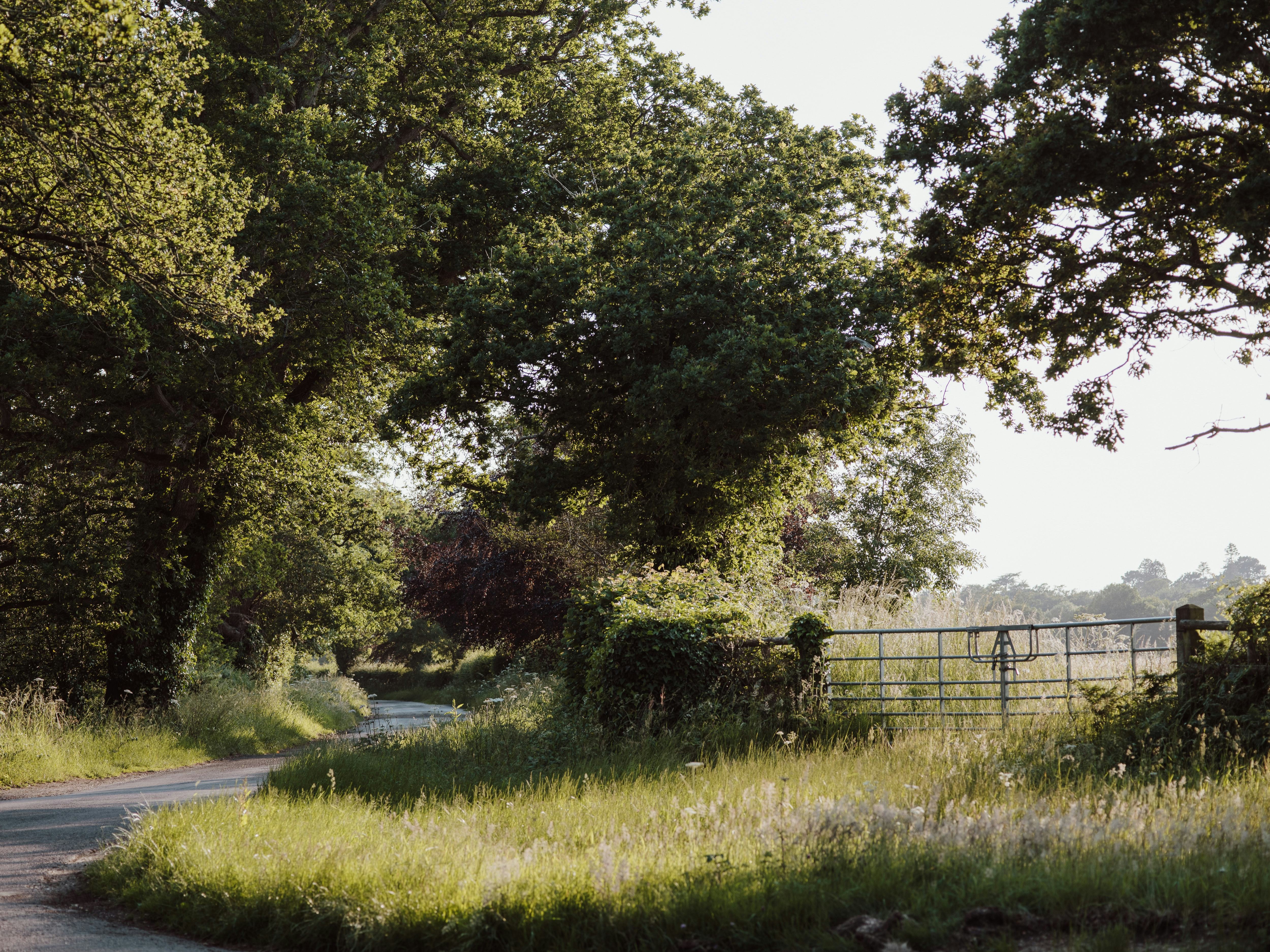

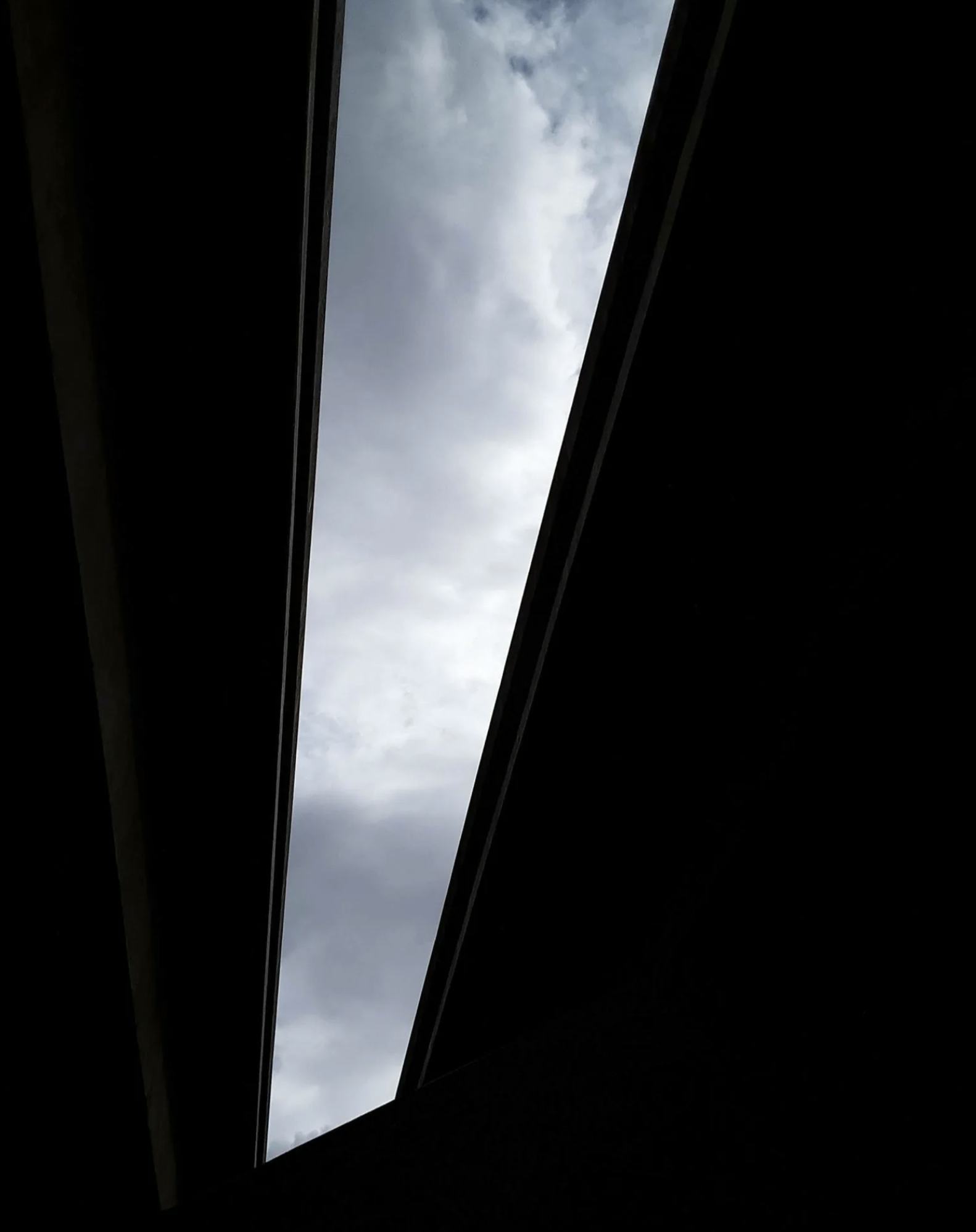

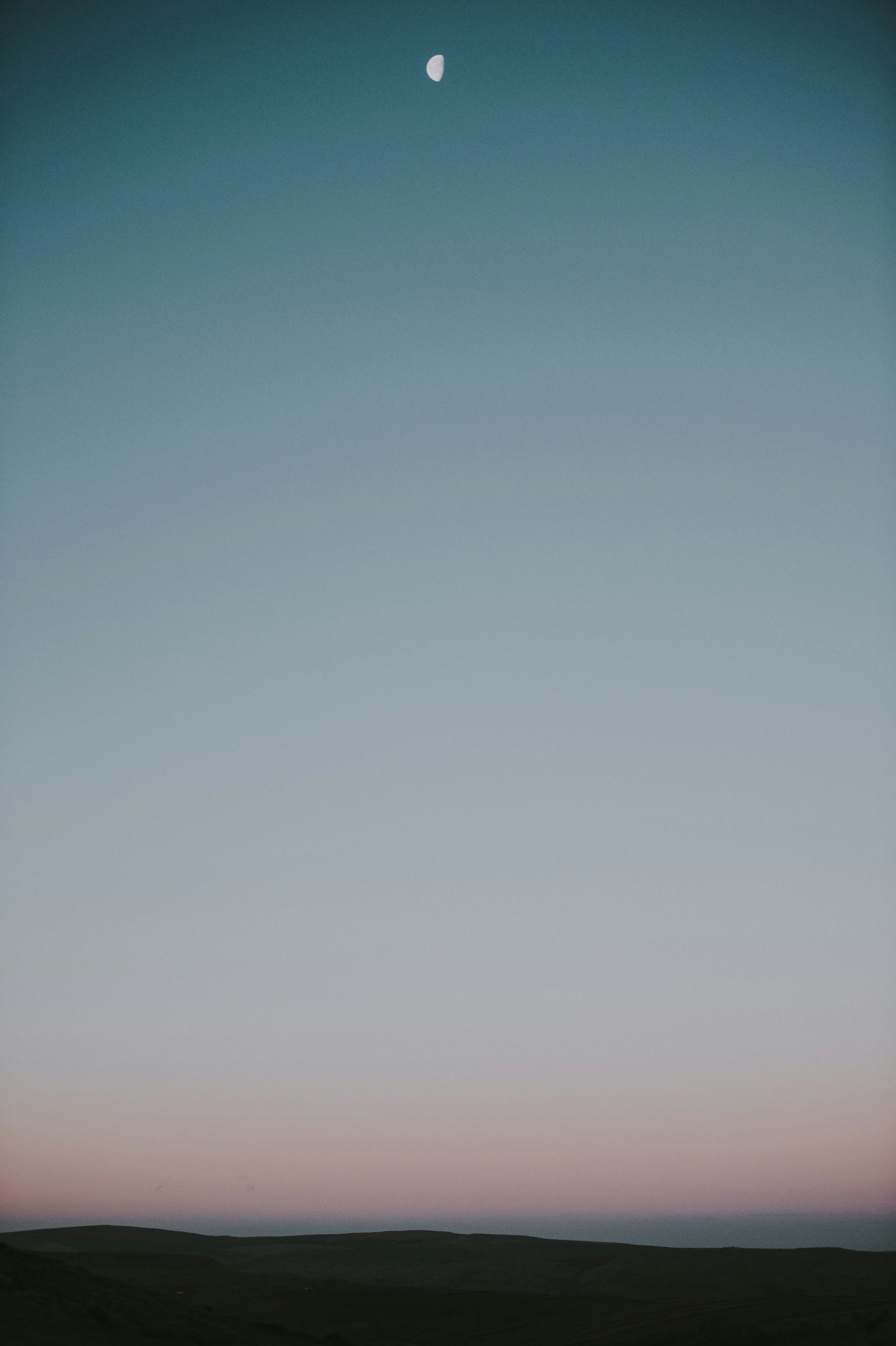




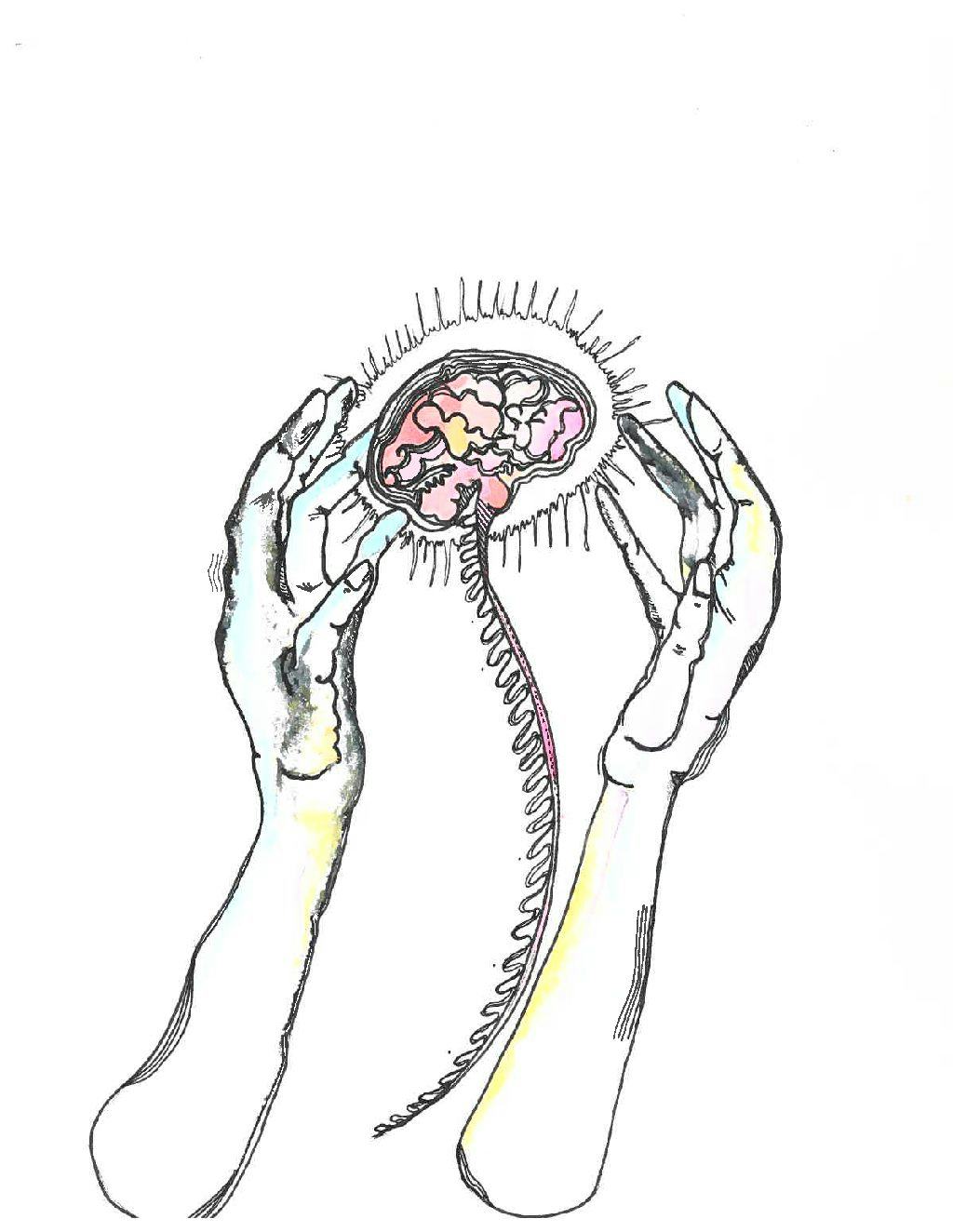
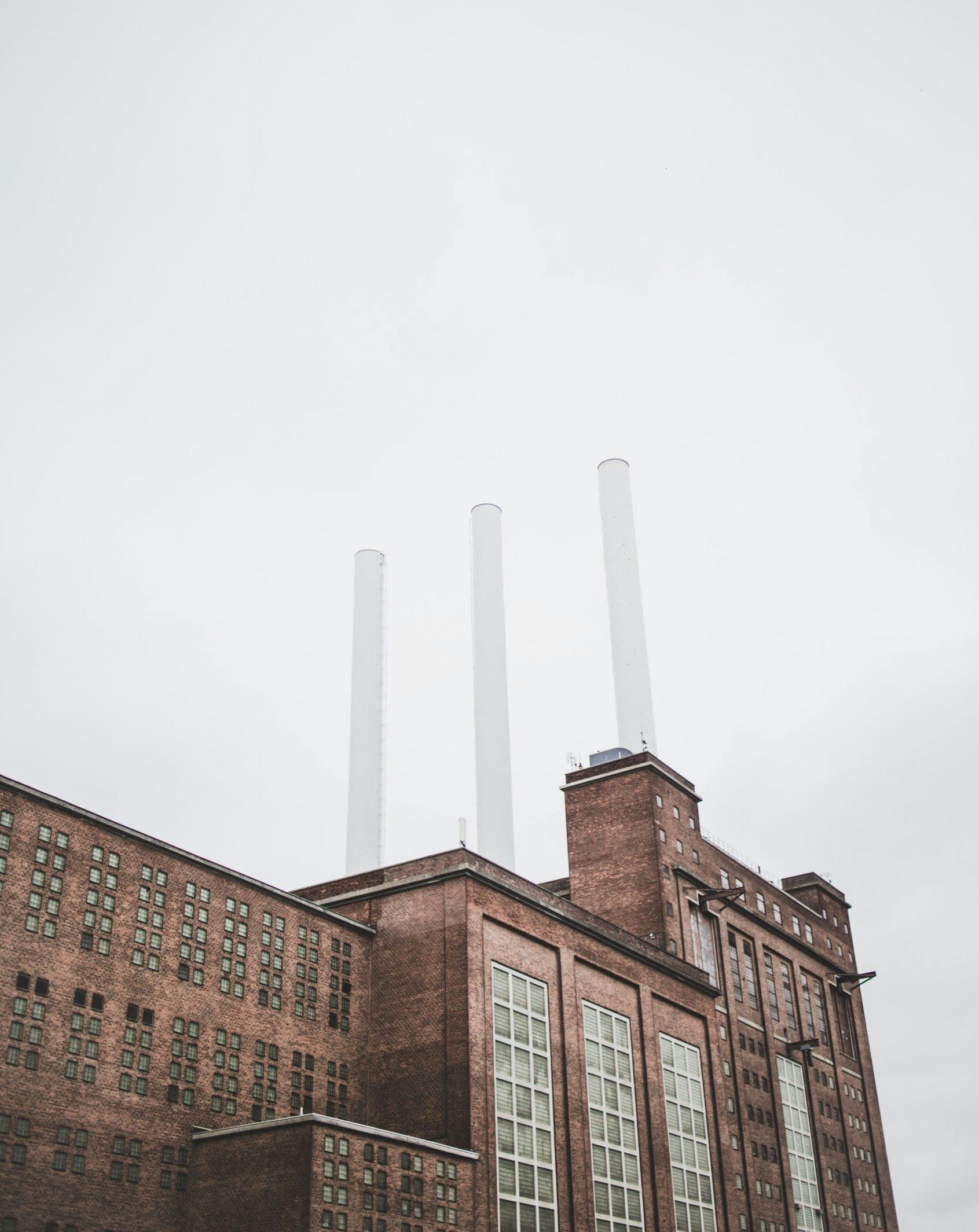




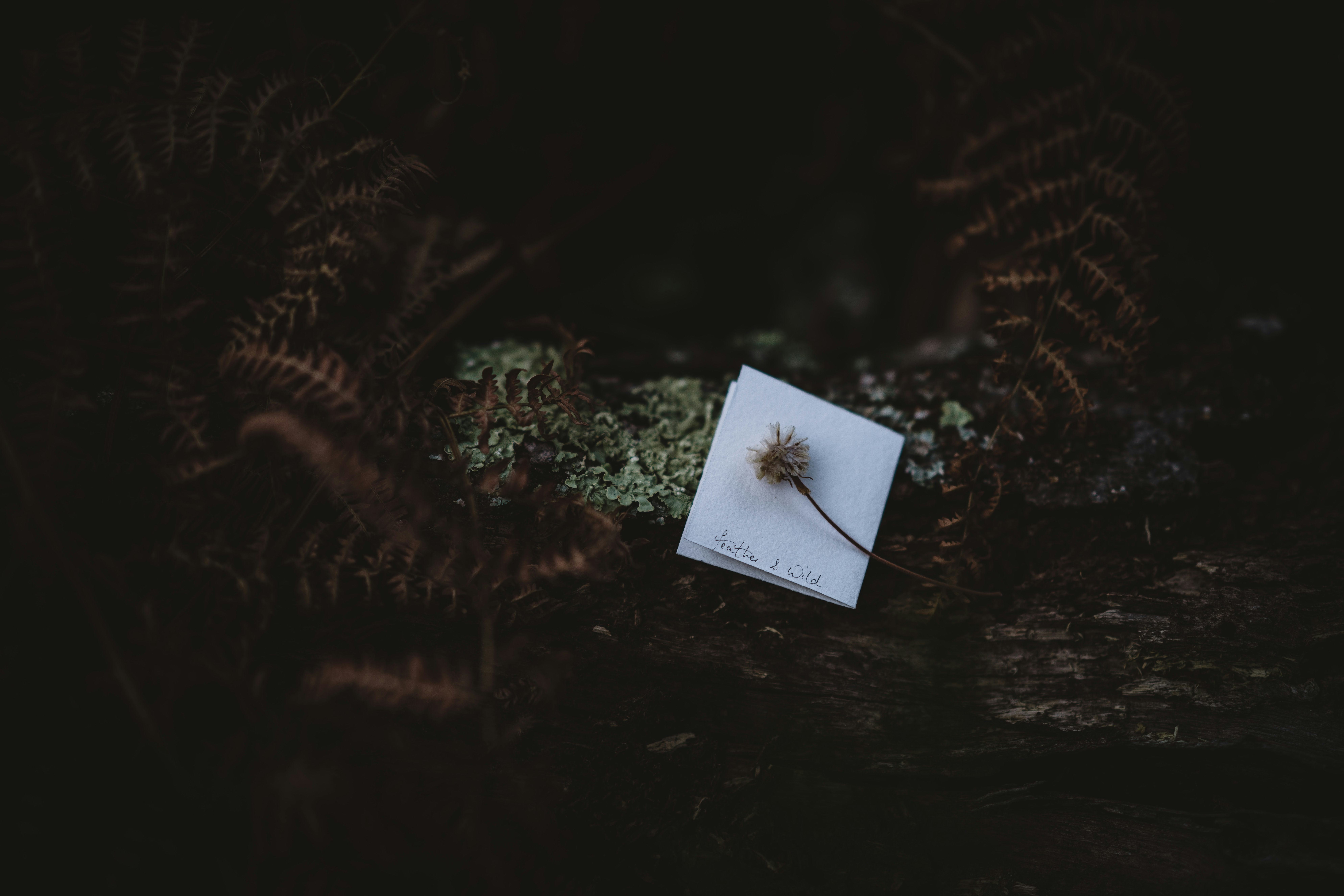
.jpg?ixlib=gatsbyFP&auto=compress%2Cformat&fit=max&q=50&w=1050&h=700)